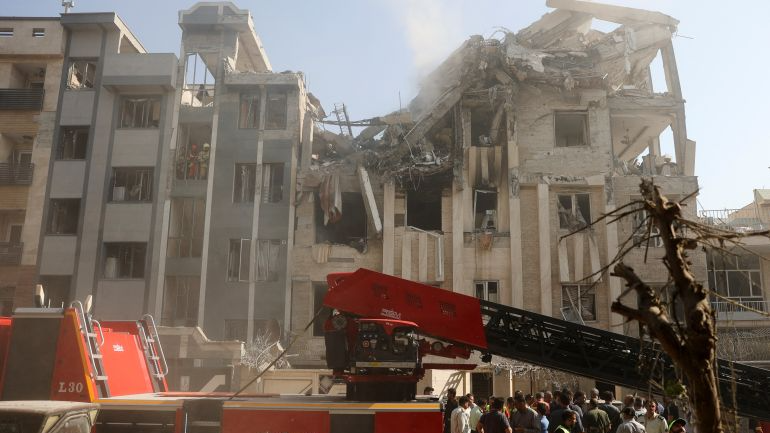DIDPress: Israel’s extensive strikes on sensitive military and nuclear sites in Iran have not only escalated tensions across the Middle East but also raised serious concerns about the economic, security, and social repercussions for Afghanistan.

From rising fuel prices to the possible return of thousands of refugees, the consequences of this conflict extend far beyond Iran’s borders.
In the early hours today, Israeli forces targeted several locations in Iran, including the Natanz nuclear facility, military centers in Tehran, and missile bases.
These attacks resulted in the deaths of several senior Iranian military commanders and nuclear scientists.
Given the geographic proximity and economic and human ties between Afghanistan and Iran, any escalation in the conflict could have tangible effects on Afghanistan:
Following the attack, global oil prices surged by up to 10 percent.
This increase may directly affect the cost of fuel, liquefied gas, flour, and other essential goods in Afghanistan, as a significant portion of Afghan imports comes through Iran and Pakistan.
Moreover, if insecurity in Iran worsens or trade routes close, Afghanistan’s transit pathways will be disrupted to the south and the Persian Gulf.
Such disruptions could deepen economic stagnation and increase pressure on Afghan traders.
Additionally, if the security situation in Iran deteriorates, millions of Afghan migrants residing there may be forced to return home or seek alternative migration routes.
A large-scale return of migrants could place severe strain on Afghanistan’s already fragile social and economic infrastructure.
Reports indicate that Afghanistan’s caretaker government, which has yet to gain formal international recognition, faces challenges in how its response to such crises could affect its diplomatic relations and international standing.
Beyond direct security consequences, Israel’s military strike on Iran sends a serious warning to neighboring countries, including Afghanistan.
At a time when Afghanistan is still grappling with economic, migration, and diplomatic crises, this new regional turmoil risks further destabilizing the country’s fragile situation.